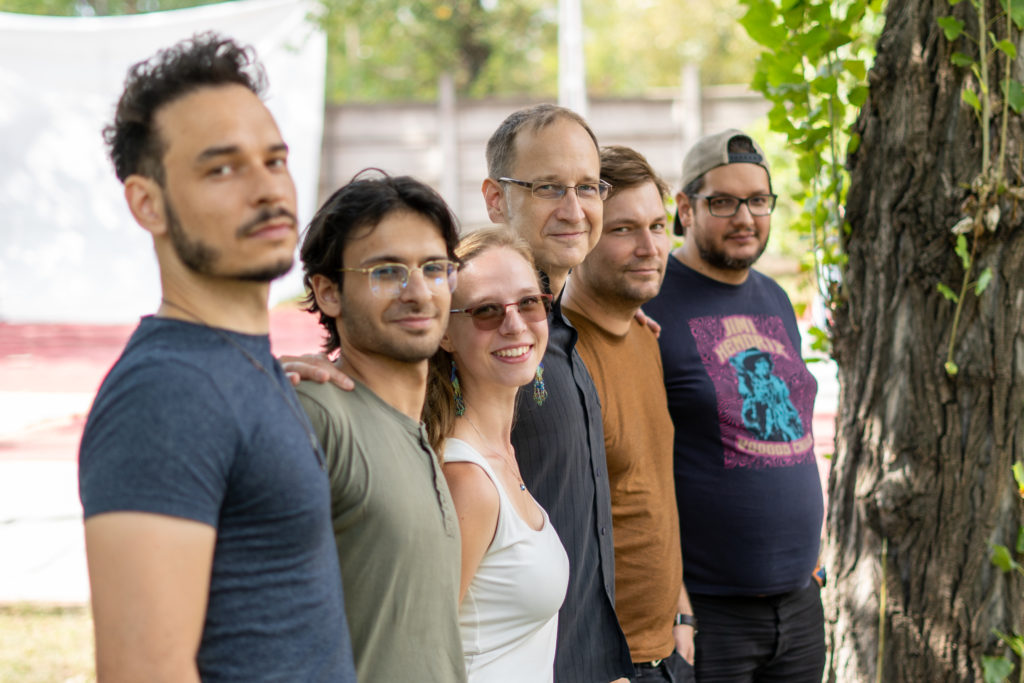Meditation in the Buddhist Teacher Undergraduate Program
In modern times, meditation has become a widely recognized term. However, fewer people know what exactly it means. In Buddhist education, the first task is to establish the right view. This includes understanding the spiritual background of the second step of the training: practice. This is guided by clarifying four key questions: What is meditation? Who meditates? What is the object of meditation? What is the goal of meditation? If the answers to these questions are clear, the “how” of practicing meditation becomes the focal point.
In the teachings of the Buddha, the most important practice is awareness directed towards oneself, observing the processes occurring within, and cultivating mindful presence. This practice is called satipaṭṭhāna. It is no coincidence that the practice of mindfulness accompanies students throughout every semester. Alongside mindfulness, emphasis is also placed on concentration and the meditation of contemplation, samatha and vipassana. The way these two main methods are practiced varies from school to school. In our institution, students will become familiar with the practices of three major traditions: Theravāda, Zen, and Tibetan Buddhism, with each tradition being dedicated to one year of practice.
When meditation becomes part of our life, it transforms our perspective, mindset, and through mindful presence, we uncover the causes of our suffering, becoming capable of dealing with, and ultimately eliminating, them. This is precisely the goal of Buddhist teachings.
The Buddhist meditation specialization is closely connected to the 6-semester core curriculum of the Buddhist Teacher undergraduate program, deepening this knowledge each semester. Students will have the opportunity to practice the different meditation traditions (Theravāda, Zen, Tibetan) in more depth, both in class and during retreats, as well as to explore the theoretical background of meditation, traditional and contemporary methods, its applications, and connections to other fields (such as science and lifestyle).



